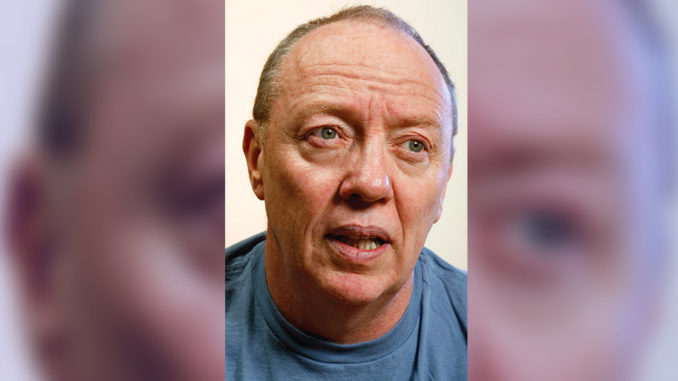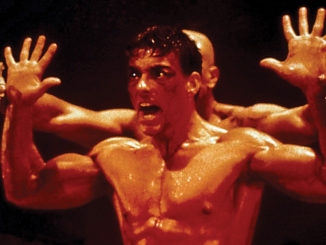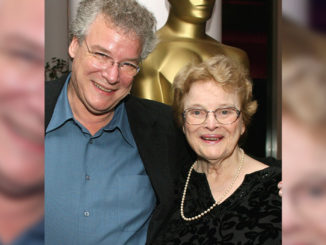
by Rob Feld • photo by Kfir Ziv
Terry George certainly knows his way around an intense drama. He scripted Jim Sheridan’s In the Name of the Father and Heart’s War, and directed Some Mother’s Son, Hotel Rwanda, and now Reservation Road, a dark story of guilt and personal responsibility. His tales require perfect pitch and rhythm––or they risk losing their audiences to alienation. To maintain that balance, George repeatedly turns to editor Naomi Geraghty.
CineMontage: How did you choose Naomi as an editor?
Terry George: We collaborated pretty closely on Some Mother’s Son and I liked her sense of story and style––and the way she was willing to contribute to the overall sense of the editing. Even as an assistant, she’d have something to say that wasn’t intrusive. I thought she was clever about that stuff. When I came to do The District TV show, which was a one-hour drama, she had graduated to editing, so I brought her on board.
TV editing happens so fast, it’s sort of a trial by fire. I needed somebody I trusted and could collaborate and work with closely. We developed a shorthand language on The District that served us well when we got to Hotel Rwanda and she came to South Africa with me. Considering the scope of the movies I do and the lack of budget I always have, I need somebody I really trust.
CM: What is your working relationship like?
TG: There’s not a lot of time when I can watch dailies projected on a regular basis, so I invariably let Naomi put something together on the Avid. Then I can jump in and watch what she’s done, which is a way I can keep track of the story and speed up the process, and at the same time serve all the other things that are going on. I want her input and see if she feels we’re getting what we need.
“The story finds a rhythm itself. With Rwanda, it needed to move like a train because if it set down anywhere for exposition, or even to explore the overwhelming, horrific nature of the story itself, then the audience was going to get locked out” – Terry George
I tend to be very collaborative with Naomi, my director of photography, first assistant director and continuity person. That’s kind of my team. They served me well on Reservation Road. If I couldn’t watch dailies projected, I’d have her show me takes. I like to have some kind of very preliminary cut together by the time I get to the end of the shoot––so I don’t have to do re-shoots because I know I have everything I need. That’s the trust between the director and editor.
In post, I let her put together her cut. We talk about style and then the two of us try and make things better. Naomi is very clever about knowing what we’ve got and coming up with solutions if we’ve missed something. There’s a continual back and forth with us. I have an iDisk on Mac and she’ll dump cuts on it for me, so we’ll try and use the technology and each other’s time as best we can.
CM: What is the cutting process like for you?
TG: I like to leave editors alone. I don’t believe in looking over their shoulders, second-guessing them for the three months of post-production. That’s what they’re good at, so I let them do it. It’s a totally collaborative effort. It’s knowing the story and what we want to say—not just orally but visually in terms of the style—and also trying to find the sound editor and music that goes along with it, finding the balance of the story itself. Because I’ve worked so closely with Naomi, I’ve found that having everybody involved as much as I can to be the best way to do it.
CM: Do you find that there’s a general philosophy of editing that you share?
TG: The story finds a rhythm itself. With Rwanda, it needed to move like a train because if it set down anywhere for exposition, or even to explore the overwhelming, horrific nature of the story itself, then the audience was going to get locked out by the minutiae of African politics or freaked out by the overwhelming savagery of the genocide. We both knew we had to cut it tight and fast, and the story had to flow along. When we’re taking moments to give the audience a breather, then it had to be in relation to the two lead characters.
To a certain degree, that’s been the same with Reservation Road, which is a really tough story. So, we decide on that sort of thing early, then try to service that in terms of finding the moments when you need to take a pause and let the audience breathe a little more. That becomes a conversation about the script itself, which we discuss early as well.
Eidtor’s Note: To read an interview George’s editor, Naomi Geraghty, click here.






